You had three days off during that work week Week Two, you work Sunday through Thursday and have Friday and Saturday off You had two days off during that work week Even though you worked eight straight days, the law has not been violated and you had more than the number of days off required by law in EACH work week Every employee is entitled to one day of rest in 7 So, an employer cannot require you to work more than six days out of seven But if the nature of the work reasonably requires that the you work seven or more consecutive days, you have to get the equivalent time off in a calendar month to make up for the days you did not get off in the those seven daysIn a case that may be of particular relevance to boarding schools, the European Court of Justice (ECJ) has provided clarity as to when an employer must provide a weekly rest period under the Working Time Directive (WTD)
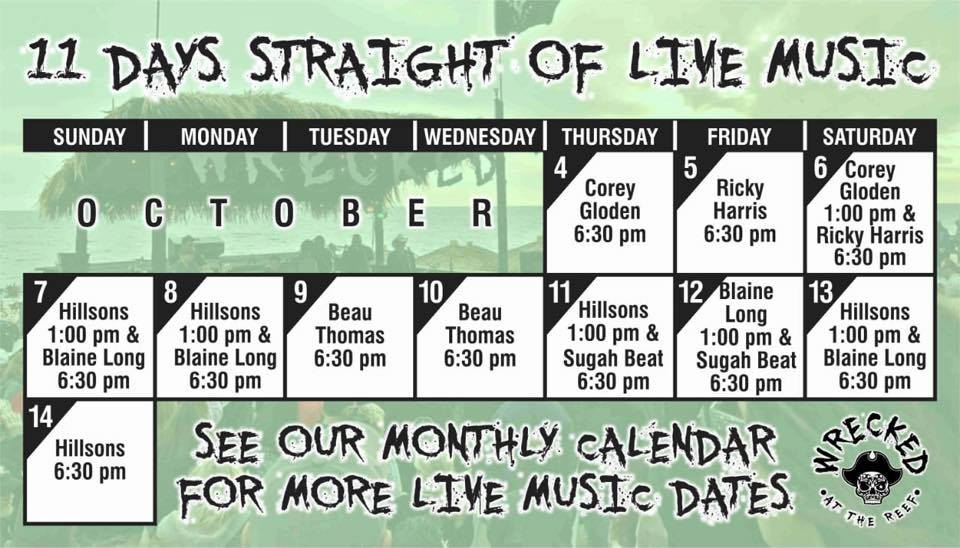
11 Days Straight Of Live Music Wrecked Rocky Point 360
Working 11 days straight
Working 11 days straight- Your Elapsed Time is 11 days, and that includes a Saturday and a Sunday, including the breaks you take in between Another example you work on a construction project for eight days from Monday to the next Wednesday, with a weekend (Saturday and Sunday) in between Your elapsed time is 10 days since the nonworking days are also counted Texas does provide a narrow workweek limitation for retail employees, however Section 501 of the Texas Labor Code forbids an employer in the business of selling merchandise at retail from requiring an employee to work seven consecutive days The employee cannot be denied "at least one period of 24consecutive hours of time off for rest or



How Many Days In A Row Can You Work In California
Wo read moreIt doesn't matter how many days in a row you work It matters what days those are For example if you work Thursday Saturday then Sunday thru The next Thursday—that is 8 days straight but two separate weeks even if the pay period is a two week o According to California Labor Code, Section 551, all California employees, regardless of occupation, are entitled to a least one rest day out of every seven days Section 552 goes on to state that no employer may require employees to work more than six days out of a sevenday period, and any employer that tries to enforce a sevenday workweek may be guilty
11Hour Driving Limit May drive a maximum of 11 hours after 10 consecutive hours off duty May not drive after 60/70 hours on duty in 7/8 consecutive days A driver may restart a 7/8 consecutive day period after taking 34 or more consecutive hours off duty the driver operates within a 150 airmile radius of the normal work reportingRandy Gardner (born c 1946) is an American from San Diego, California, who set the record for the longest amount of time a human has gone without sleepIn December 1963/January 1964, 17yearold Gardner stayed awake for 11 days and 25 minutes (2644 hours), breaking the previous record of 260 hours held by Tom Rounds Gardner's record attempt was attended by Stanford sleepA "work period" may be from 7 consecutive days to 28 consecutive days in length For work periods of at least 7 but less than 28 days, overtime pay is required when the number of hours worked exceeds the number of hours that bears the same relationship to 212 (fire) or 171 (police) as the number of days in the work period bears to 28
The shame of Apple iPhone factories where they work 76 hours a week and up to 11 days straight Move announced after inspection finds 'serious' concerns over conditions CEO TimBasic rules An employee may work a maximum of 12hours a day unless an exception occurs An employee is entitled to one 30minute paid or unpaid break after the first 5 hours of work for shifts that are between 5 and 10 hours long For shifts 10 hours or longer, an employee is entitled to two 30minute breaksEight hours in a day and 40 hours in a week except in the case of averaging (see question 8 ), special regulations (see question 1 ), or modified work schedules (see question 13 ) Hours worked in excess of standard hours must be paid for at the overtime rate In the Code and Regulations, standard hours are also referred to as "working hours"




This Is Really Great For One Days Work This Is My 3rd Day Straight Hitting 300 If I Keep This Up Everyday I Can Potentially Make 10 000 A Month That S A 6




Beijing Reports No New Covid 19 Cases For Five Days Straight Cgtn
So moral of the story is catch your recommended amount of ZZs (about 10 to 11 hours a night for kids, 85 to 925 for teens and seven to nine for adults, according to the Sleep Foundation) And remember that even if you don't go a day or days without sleep, not getting enough each night can lead to a number of health risks, such as diabetes, obesity, heart Also with Safeway, you were not supposed to work more then 5 days in a week But there a plenty of instances where people have worked 10 days straight;There is no State law that requires a minimum number of hours in which an employer must provide an employee between their daily 8 hour work shifts You may contact the nearest office of the US Department of Labor, Wage and Hour Division, for information on federal laws The Hawaii office can be reached at (808)



2




Bitcoin S 1 Trillion Market Holds For 10 Days Straight Plato Blockchain
The employee has already received straighttime compensation for all hours worked and only additional halftime pay is required Day rates/job rates An employee may be paid a flat sum for a day's work, or for doing a particular job, without regard to the number of hours worked in the day or at the job, and receive no other form of compensationThe 10Hour Rule Work more than 10 hours in a single day, or work a split shift, and New York labor laws require your employer to pay you an extra hour for each hour in excess of 10 hours that you work For example, if you work 11 hours, then your employer must pay you for 12 hours of work This 10hour spread of hours counts any breaks youBy law, a day of rest must be "in addition to the regular period of rest allowed at the close of each working day" An employer who made you work until noon one day, for example, and then report back at noon the next day, could not call that 24 hours off a day of rest The law presumes that Sunday will be the one rest day in seven If an



Selahwa Gov Human Resources Wp Content Uploads Sites 19 08 Teamsters Local Union 760 Police Department Agreement For 19 23 Pdf



How Many Days In A Row Can You Work In California
Work schedules like these may cause worker fatigue Shift workers may be scheduled to work days, evenings, nights and/or on a rotating or oncall basis They may work extended shifts (more than 8 hours long), rotating or irregular shifts, or consecutive shifts resulting in more than the typical 40hour work weekThe start and finish times or the days of the week the employee will work Employment agreements must fix the maximum number of hours to be worked by the employee at not more than 40 hours per week (not including overtime) unless the employer and employee agree otherwise If the maximum number of hours (not including overtime) are less than 4017 weeks x 7 days = 119 days in the reference period 1 rest day per week = 17 days 119 17 = 102 days you're allowed to work during the reference period Step 3 Calculate your weekly average hours by dividing your hours worked by number of days 816 hours worked divided by 102 days allowed to work = 8 hours a day, which is within the




A B Can Complete A Work In25 Days And Days Respectively After Working Together For Some Days A Leaves And B Finishes The Remaining Work In11 Days F Mathematics Topperlearning Com 316g8j55




11 Days Straight Of Live Music Wrecked Rocky Point 360
The One Day Rest in Seven Act, as its name implies, allows for at least 24 hours of rest in every calendar week A calendar week is defined as seven consecutive 24 hour periods starting at 11 am Sunday morning and ending at midnight the following Saturday Under this Act, employers may ask IDOL for a relaxation of this requirement If IDOLYou work 6 days in a row from Tuesday through Sunday, 8 hours per day, for a total of 48 hours The pay period ends on Friday Your pay check for the pay period that ends Friday will include the 32 hours you worked from Tuesday through Friday However, to calculate the overtime you worked for the week, you would continue to count all your hours A 13yearold boy with Asperger's Syndrome—a form of autism that often causes difficulty with social interaction—spent 11 days in the subway system last month




Kentucky Boy Falls Asleep For 11 Days Straight In Medical Mystery Baffling Doctors




This Firefighter Has Worked 11 Days Straight With No Water Source Here S Why
For example, if you work 32 hours at $1100 an hour and 10 hours during the same workweek at $900 an hour, your weighted average (and thus the regular rate for that workweek) is $1052 This is calculated by adding your $442 straight time pay for the workweek (32hours x $1100/hour) (10 hours x $900/hour) = $442 and dividing it by the 42 Yes, an employer can force an employee to work 13 days straight UNLESS the employee has a written employment agreement or contract with the employer that prevents it I know that it may seem to be unfair/unjust, however, state and federal law does not prohibit it The past 11 years have had many ups and downs, California overtime Rules for Working 7 Consecutive Days Read the Wage and Hour Law legal blogs that have been posted by Norman B Blumenthal on Lawyerscom




Kuching Top In Covid 19 Daily Case Count For 11 Days Straight With 119 Cases Reported Today Dayakdaily



1
WedSun one week, the MonFri the following week Also, there a plenty of managers who clock 13 days straight There is no law that says you cannot be asked to work eleven straight days If you are in a union, there might be something in the collective bargaining agreement that talks about consecutive days worked, so if you belong to a union speak to your representative Your employer has a designated workweekBe happy that you are getting time off try working everyday for 19 days straight, pulling 810 hour shifts everyday i thought there were laws against it if i get this saturday off then i will have worked 19 days straight with no break and I probably be working both saturday and sunday this weekend so 1 month here i come




Making Polariod Paintings For 100 Days Straight Day 11 Shorts Youtube
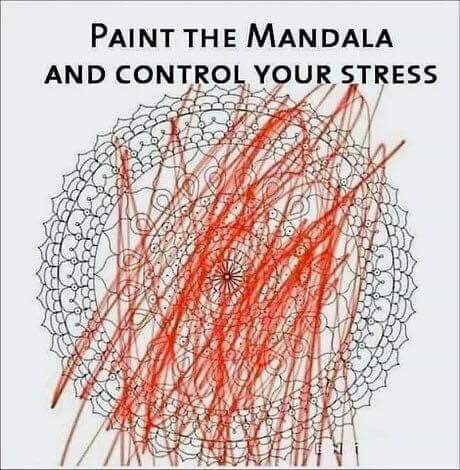



Working 12 Hours A Day 21 Days Straight 1 Day Off I Feel Fine 9gag
California labor law has specific provisions related to the number of days an employee is permitted to work before a rest day is required These regulations are set forth in the California Labor Code specifically in sections and apply equally to public agencies, cities and counties as well as private employers Whether an employer can make you work seven days a week depends on your agreement when taking the job Unless your state imposes mandatory rest days, you're obligated to work whatever hours and days are specified in your employment contract, which could be evenings, weekends and holidays Back in 1965, 16yearold high school student Randy Gardner stayed awake for 11 days and 24 minutes that's 2644 hours straight It remains one of the longest documented records for a human intentionally going without sleep using no stimulants, and on the surface Gardner appeared to get through it okay, even beating Sanford University researcher William



I Work 11 14 Hours A Day 5 12 Days Straight Don T Tell Me To




A Work Marathon Why So We Re Running A Work Marathon By Sebastian Marshall Medium
Breaks between working days An employee should get at least 11 hours' uninterrupted rest between finishing work and starting work the next day If this is not possible (for example, there's an emergency at work), the employer must take steps to provide enough rest for the employee Breaks during the working week or longer My scheduler, in most cases, sets me up to work up to 10 or more days straight before I finally get a mediocre day or two off I am starting to get tired of this nonsense When I was first hired, I worked 15 days in a row and was given a long, 4 days weekendWorkers 18 and over have a right to a minute break where the working day is longer than six hours, also, a rest period of 11 consecutive hours between each working day, (unless working on a shift pattern) and a 24 hour rest period in each seven days For nightworkers, the average daily hours of work are 8, averaged over a 17week period




I Ll Be Wearing This Season S Trend For 93 Days Straight Store Fashion Clothing For Everyone



2
Even better You're not doomed to regress "A lot of people worry about how long it will take to get back on track," Weiss says "But if you reduce the training volume and recover right That's a 12hour shift every day, Monday through Friday Gallup All of that extra work poses a serious risk to your health Working long hours, even at a desk, can have serious repercussions forI was scheduled for friday In total making me work 11 days straight Its monday and i feel exhausted, slow and not being able to concentrate properly, i want to sleep and some days i have to work 12 hours since my manager likes to sell big tickets like



Www Co Black Hawk Ia Us Documentcenter View 470 Unit 1 Clerical Ppme Public Professional And Maintenance Employees Pdf




More Than 1 500 New Infections But Below 2 000 For 18 Straight Days Sunstar
The 12day limit arises if an employee is required to work the last six days of one week and the first six days of the following week That's 12 consecutive days, but still no more than six days in a calendar week Note that it is entirely permissible for a worker to voluntarily work a longer period without a day off, as long as the opportunityTravel between home and work at the start and end of the working day (if you don't have a fixed place of work) Night work You are a night worker if you work at least three hours during night time on a regular basis Night time for work purposes is between 1100 pm and 600 am, unless you and your employer have agreed on a different definition Working more than 10 hours a day is associated with a 60 percent jump in risk of cardiovascular issues 10 percent of those working 50 to 60 hours report relationship problems;




How To Get 25 Days Off With 11 Days Holiday At The End Of Wales Online



Be Quiet Straight Power 11 Platinum Psu Review Load Testing The Psu
Kansas labor law on working 12 days straight Monday through Saturday and Sunday through Friday If on 67 day rotation do they have to provide a certain time between shifts such as an 8hour break?Young workers, apprentices and work experience Rules on working hours and rest breaks for young workers aged 16 and 17Working Time How many consecutive days can workers lawfully work without a weekly rest break?
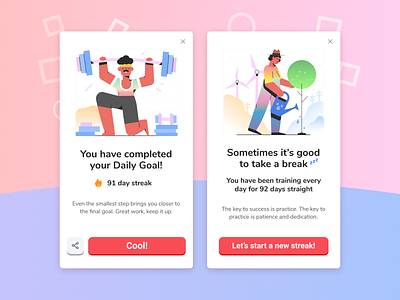



Daily Ui 011 Designs Themes Templates And Downloadable Graphic Elements On Dribbble




Fashionoutlets Instagram Posts Gramho Com



Www Ci Milford Ct Us Human Resources Files Public Works Contract




For 11 Days Straight World Of Warcraft Classic Was The Top Game On Twitch Inven Global




Hiit The Beat Bodyweight Workout By Breakletics For Android Apk Download




Hours Minors Are Legally Allowed To Work




Nurse Works 12 Hour For Days Straight And Gets Comforted By A Cat




Tovia 400w Jig Saw Bevel Angle Adjustment Electric Jigsaw Wood Working Diy Variable Speed Power Jigsaw With Allen Wrench Electric Saws Aliexpress




To My Fellow Non Americans That Have Been Scrolling Through All The Us Riot Posts For 11 Days Straight Album On Imgur




I Finally Got Around To Making A Windows Concept I Spent Three Days Straight Working In Illustrator And Premiere Pro How Did I Do Constructive Criticism Welcome Windows




What It S Like To Work At Amazon During Prime Day Money



Holidays




No New Community Covid 19 Infection In 18 Days Straight Vnexplorer



28 Days Straight Of Closing My Rings And I Feel Gooood Applewatch




Five Day Carpet Challenge Stoddard
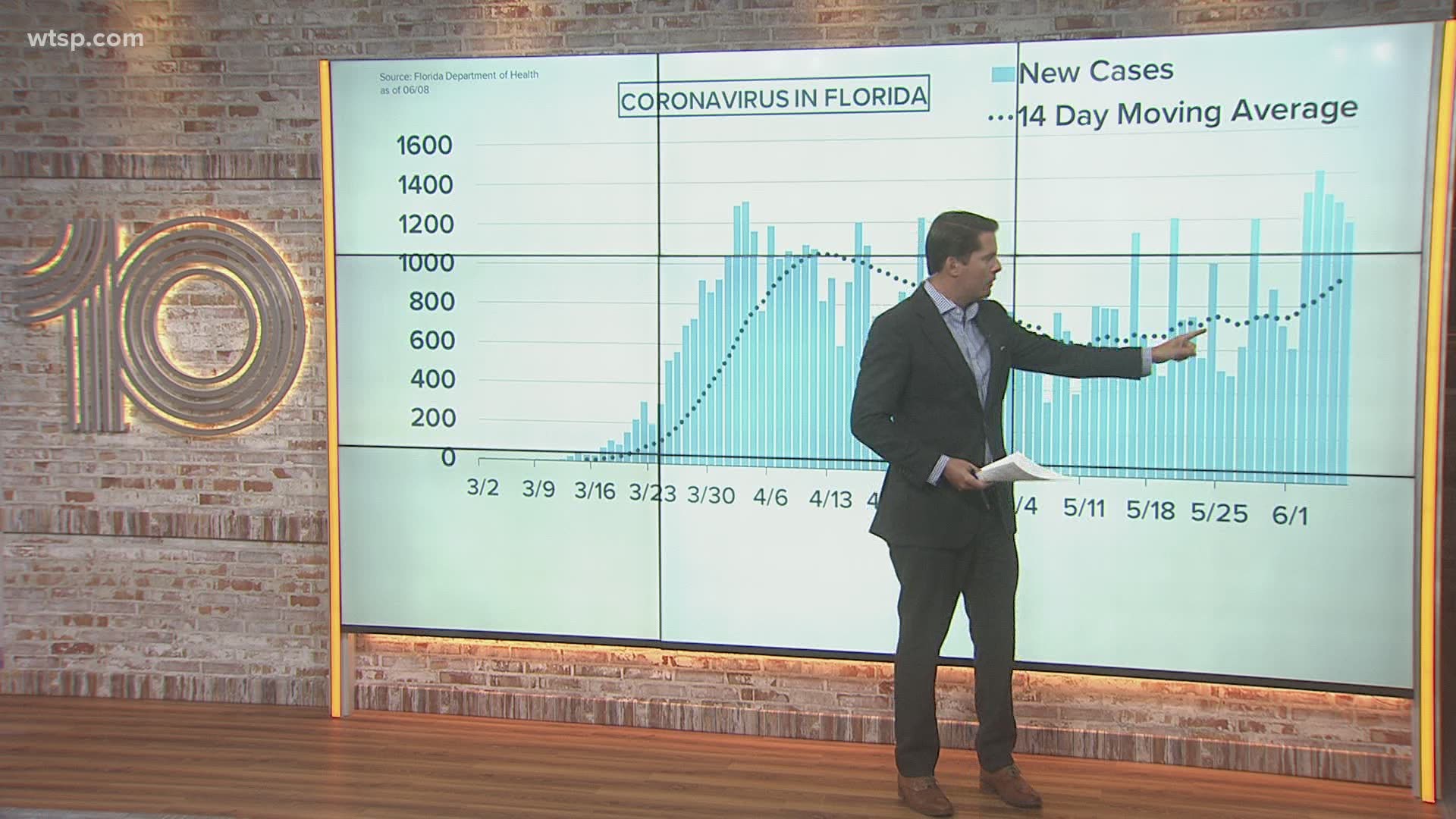



Florida Sees Five Straight Days Of 1 000 New Coronavirus Cases 11alive Com




Reflections On My 50 Day Fitness Journey Atasha Jordan Md Fitness Journey Fitness Inspirational Quotes




Covid 19 Patients Not Infectious After 11 Days Singapore Study Apana Magazine




Lupin Creepy Scrawlers Ltd




Yui Is Love Woo I Finished My Last Evening Shift After 11 Straight Days Of Work I M Free My Reward Is An Extra Weekend Day Kind Of Unfair Honestly But




Justyourcasualbot Finished Work Early Today 11 Days Working Straight And Still Keeping Up With Stream How Long Until I Short Circuit Special Guest Joining Us On Stream Today T Co Layy404qfk Twitch




William Clemente Iii Funding Has Now Been Negative For 11 Days Straight Translation Shorts Are Paying Longs To Keep Their Positions Open T Co Pcit3k3rdm




30 Day Challenge 30 Days Straight Positivity Day 11 Every Flickr




Smith County Seeing Record Number Of Cases For Two Days Straight Aligning With State S Upward Curve Ketk Com Fox51 Com




Dow Transports Fall 10 Days Straight In Record Equalling Losing Streak Financial Times



1



Vienna Vienna Bald Nomad




Cs Instant Coffee 11 Things I Ve Learned From Running 100 Days Straight




Epizode Is Back Join Us For A Journey Of Awesome Electronic Music For 11 Days Straight Coconuts Bangkok




No New Cases Of Covid 19 In Vietnam For 26 Days Straight Vnexplorer




Impa Bolt Cutter Straight Edge 16 Mm Orbis 97 190 5rzo Deliverytime 2 Days Ex Works Factory



2




Cba Article 11 12 Sick Leave Working Conditions




A B And C Together Can Do A Piece Of Work In 8 Days A Alone Can Do It In Days A And B Can Do It In 14 Days In




I Never Thought I Could Do 179 Days Straight And Sometimes Multiple Workouts A Day 25 Pounds Down And Feeling So Much Better Since I Got My Apple Watch In June Applewatchfitness




Toronto S New Covid 19 Cases On Decline For 14 Days Straight Youtube




Quick Answer How Many Hours Per Week Can A 15 Year Old Work
/cloudfront-us-east-1.images.arcpublishing.com/gray/CWUWSY5CP5GI7AY4YUGGQXYLNA.jpg)



Ten Straight Days Of Palindromes Start Wednesday



Ready To Have A Day Off By The Time I Get One Ill Have Work 11




How Long Can Humans Stay Awake Scientific American




11 Days Tengboche Trek Incredible Adventures
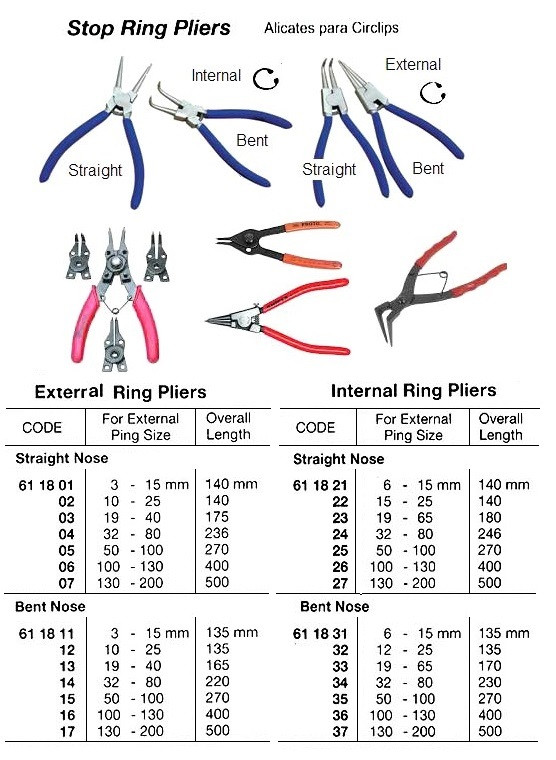



Impa Stop Ring Plier Straight Nose For External Ring 85 140 Mm Orbis 54 850 1622 Deliverytime 2 Days Ex Works Factory




2vfg3vz5s8qjom




Day 5 Over The Past Few Days I Ve Been Worrying About Wha Flickr




Millionaire Blogger Makes 91 000 In 11 Days By Howwemakemoneyonli



3




What Working 52 Days In A Row Will Do To A Person By Brian Kurian Publishous Medium




Question 11 Of 30 Step 1 Of 1 Time Given The Chegg Com




The Growth Of A Medicinal Plant Of Height 1 Metre Is 1 Cm Day
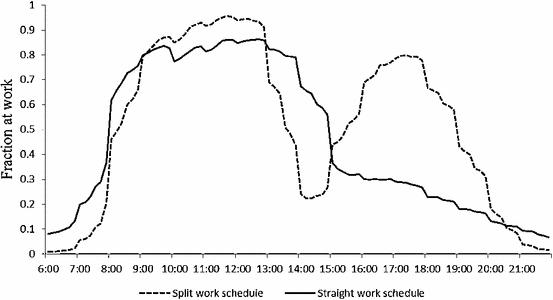



Split Or Straight Evidence Of The Effects Of Work Schedules On Workers Well Being Time Use And Productivity Springerlink
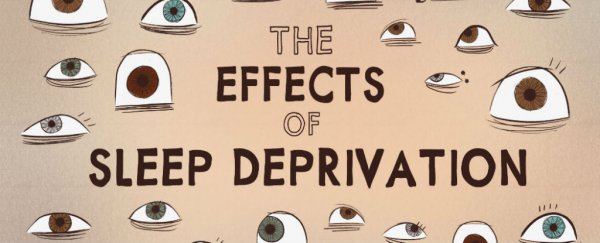



Watch Here S What Happened When A Teenager Stayed Awake For 11 Days Straight




Mikaela Magsino Co Working 10 Days Straight 12 Hour Shifts Plus Ot Is Taking It S Toll On Me




Chris Picton Mp Heaps Good 11 Days Straight Of Zero Proud Of All South Australians Let S Not Undo The Work We Ve Done Facebook




11 Straight Days Of Tornadoes Have U S Approaching Uncharted Territory Homeland Security Today




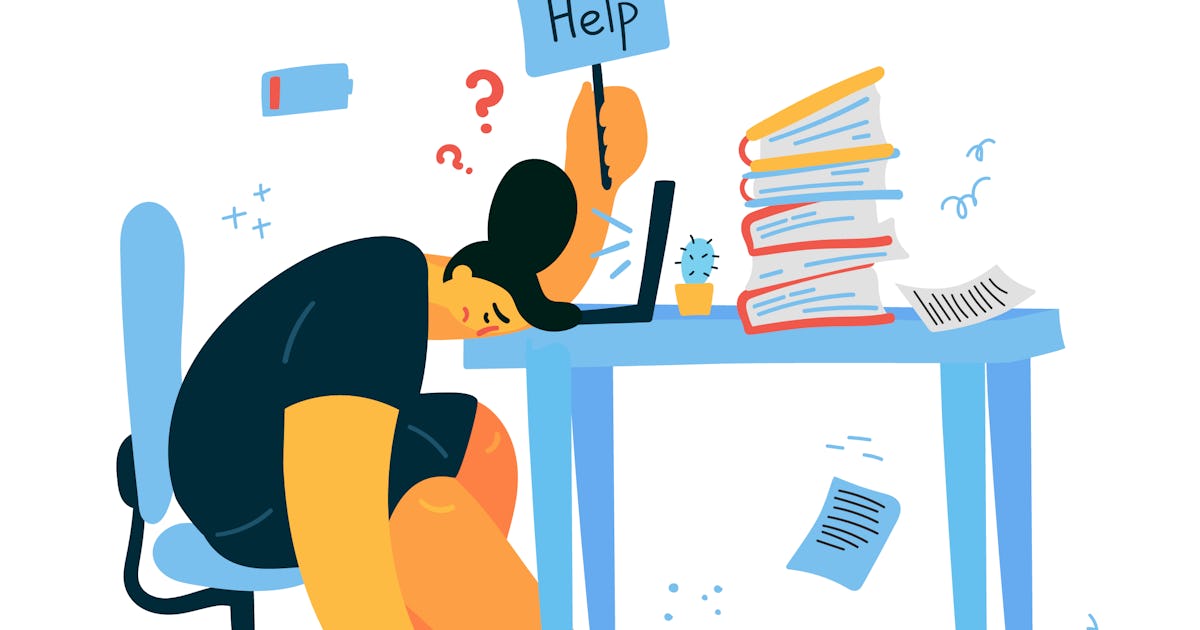



How Many Hours Should You Work Per Week Experts Reveal The Ideal Number



Total Fees Paid On Ethereum Tops Bitcoin S For 30 Days Straight What This Means Zycrypto




Hey Y All Remember Me I M Finally Coming Up For Air After Working The Utah State Fair For 11 Days Caramel Apple Cheesecake Cheesecake Trifle Apple Cheesecake




Non Infectious Covid 19 Patients After 11 Days Singapore Study Fr24 News English




Covid 19 Spread Coefficient In Russia Remains At 1 16 For Third Day Straight African Verdict




I Am Scheduled To Work For 11 Days In A Row I Work For Six Flags Discovery Kingdom Is This Legal Thank You Legal Answers Avvo



1




Pin On The Seed Of A Intention




Solved Calculate Week And Days In A Week Not A Straight Anaplan Community



0 Days Of Completing Move Exercise And Stand Straight Does Anyone Have Me Beat Applewatchfitness




How To Stay Up For Multiple Days Straight With Pictures



2




Pipeworld 15 By Uponor Poland Issuu




Mrw Work Asks Me To Come In On My Day Off And I Would Have End Up Working 11 Days Straight Gif On Imgur




Coronavirus Live Update Vietnam Goes 7 Days Straight Without New Infection Easing National Social Distancing Vnexplorer




Pin On Black Work And Cultural Ink




Qbenz Instagram Posts Photos And Videos Picuki Com




Business Retreat Day
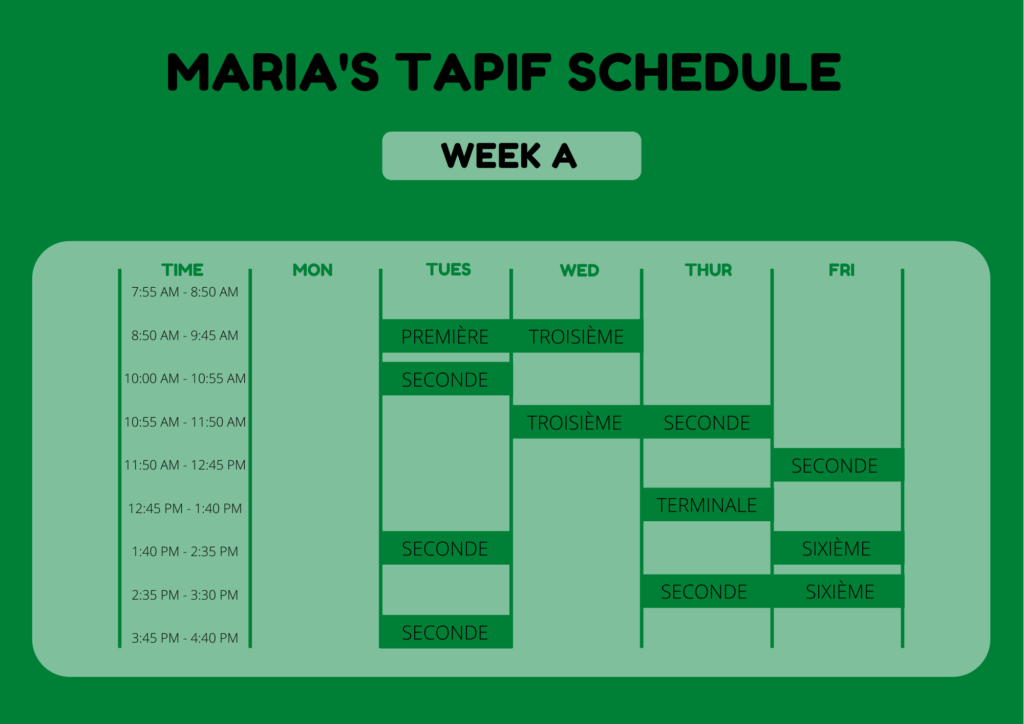



Inside Look At A Typical Work Schedule With Tapif The Francofile



Tsa Hits Another Highpoint Marks 11 Straight Days Of 1 Million Plus Passengers




14 Straight Days Of Rain In Cedar Rapids But They Ve Been A Weird 14 Days Kgan




Hours Of Work Ontario Laws Dutton Employment Law




Us Stocks Down Three Days Straight As Growth Fears Reverberate Financial Times




Im Ready To Stay Up 11 Days Straight Out Here Practicing D Mrbeast




New Fatigue Scheme Allows Truck Drivers To Work 11 Days Straight News




Herr Voldey S Feelings On Blogs Mindmeister Mind Map




Adulthood Is Wanting To Cry For 4 Days Straight But Not Having The Time Quotes4sharing



0 件のコメント:
コメントを投稿